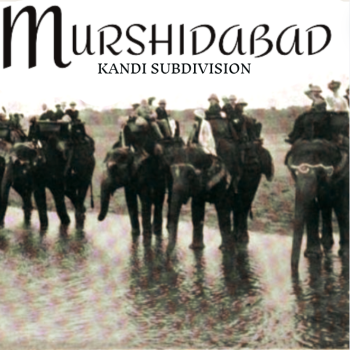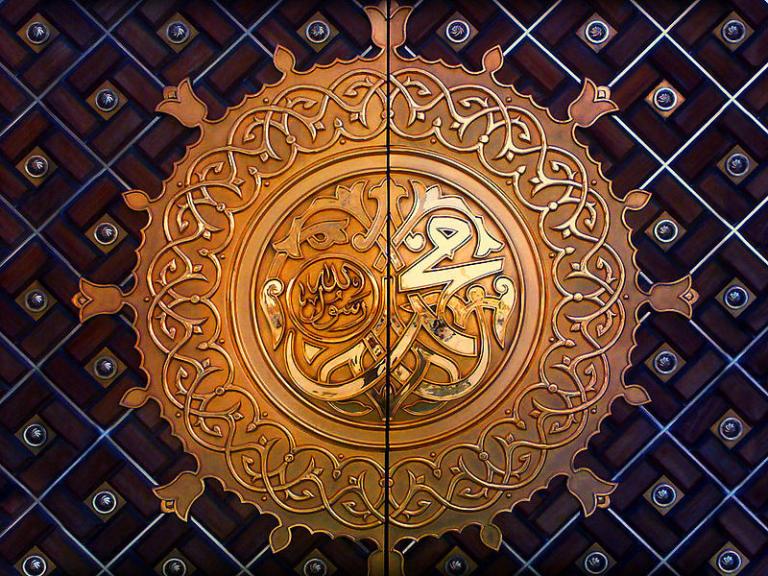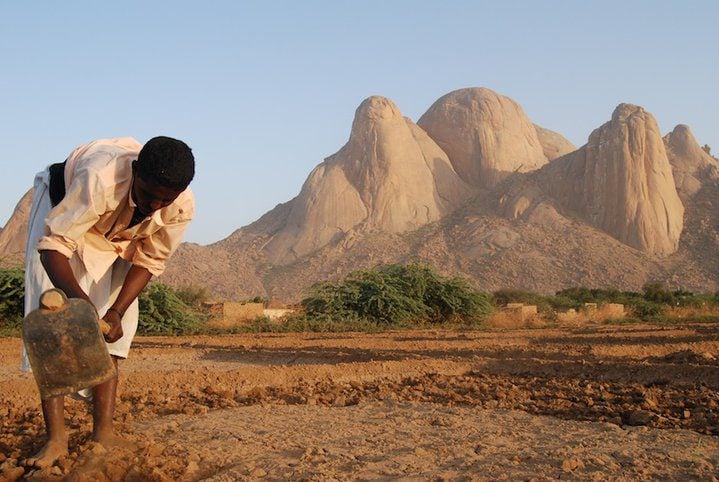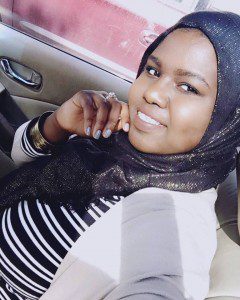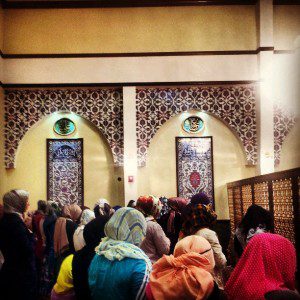
Even though I’m Unmosqued*, Ramadan is the time of year when I wholeheartedly immerse myself in a constant Muslim community. Sometimes, that community is not mosque-based, like when I experienced Ramadan and Eid with Chicago’s convert community 2 years ago. But typically, I will visit the same mosque every night for Taraweeh, the extra prayers that Sunni Muslims offer in community every night during Ramadan. I will get to know the women who pray near me, we will bring each other sweets to savor after prayer, and sometimes I will join the group for a volunteer activity on a weekend. In other words, I am usually Mosqued during Ramadan.
This year has been a bit of a scramble for me; the imam I have spent the better part of the last decade praying with has moved to a mosque that is simply too far for me to commute to every night after breaking my fast. So I’m looking for a mosque home to spend the duration of this month. There are, of course, mosques near my home that don’t require a nearly one hour commute both ways. But even as my soul aches to pray Taraweeh in a mosque (as I’ve written before, I really do want to be Mosqued), my heart continues to encourage me to commit to only praying in spaces that elevate my spiritual experience of the Sacred Month. The mosques I spend my Ramadans in must at least try to embody the Prophetic Model and attempt to be:
- Welcoming to and inclusive of women
- Welcoming to and inclusive of disabled Muslims
- Welcoming to children (who are kept quietly busy throughout the prayer period)
- Proudly diverse in terms of ethnicity and racial make-up
- Accepting of worshipers as we are and welcoming of our diverse religious views
- Promoting the love of the Holy Quran through its nightly recitation by a qualified imam
This, then, is the challenge of the Unmosqued Muslim in Ramadan. My heart aches to find a mosque community that is inclusive and welcoming. Not all the spaces I’ve prayed in earn high marks in the implementation of each of these points, but they have earned high marks in their attempts. As the Islamic teaching says, “Verily, actions are based on their intentions.” Though most mosques in my area have not yet fully implemented the Prophetic model, I’m happy to pray Taraweeh with a group of Muslims who are at least trying their best to imitate the Prophetic model in their mosque. Many mosques see an influx of congregants during this month – less observant Muslims, Muslims who live quite a distance from the mosque, and some Unmosqued Muslims like yours truly, will make an effort and turn up during Ramadan. As Muslims believe that Satan and his discord-causing whispers are locked up in Ramadan, now is the time to open a corridor of understanding on all sides of the Unmosqued and Bemosqued debate.
One way to open that corridor is to have an open dialogue with your community about their relationship to the mosque – and the film Unmosqued is a great catalyst for that conversation. It was my honor to participate in this documentary last year, sharing my thoughts on the challenges that women, and other marginalized groups, face when we enter most mosques in the US. When the trailer was released in 2013, many people became concerned about the content of the film. However, upon it’s release, viewers realized that the filmmakers respectfully tackled the existential questions with which mosque leaders and mosque goers alike are grappling.
Unmosqued has several streams running through the course of the documentary. One current follows a group of young, mostly second generation and converted Muslims, attempting to get elected to their mosque board, on a unified platform of change. The viewer is in the room during their strategy sessions, endures generational misunderstandings with them, listens to their campaign speeches and witnesses their mosque’s election night.
This election drama is interwoven with the other currents explored in the film, which interviews all manner of Muslims: religious leaders and lay worshipers, men and women, converts and lifers, immigrants and American-born. Those interviewed discuss their personal relationships with the mosque, raise questions about the transparency of mosque administration and financial transactions and highlight the challenges particularly faced by young people, converts, ethnic minorities and women when they enter North American mosques.
The film does not really offer any cut and dried answers to those who see the unmosqued phenomenon as a crisis, though the rise of third spaces as an alternative to mosques is portrayed as an unequivocally positive development. The questions of race, ethnicity and religious legitimacy and authority is not fully deconstructed, either. Offering a cookie-cutter solution to this problem isn’t really the goal of this film, however. The goal is to catalyze a conversation among Muslims across North America about the evolving role of the American mosque and how it can be a welcoming spiritual home for one of the most diverse Muslim communities around the world. I believe it asks these questions while honoring both the experiences of those who have felt unwelcome in mosques, and of those who have offered their resources and time to build the (physical, emotional and financial) foundations of mosques across the country. Unmosqued is now available for purchase and I highly recommend that mosques schedule a Ramadan screening for their communities.
As for me, I look forward to the community I will find this month during our nightly prayers and the relationships that I will forge with the women praying to the right and left of me. I look forward to showcasing women’s prayer experiences on my blog Side Entrance – the beautiful, the adequate and the pathetic. I pray all my sisters and brothers find a home community this year for Ramadan – whether that means praying together in someone’s house, holding communal iftars at the local park, volunteering with your neighbors every weekend, or praying at the same mosque every night. Muslims believe Ramadan is a sacred and miraculous month for many reasons; this year and every year, my Ramadan miracle is that I am Mosqued and thrilled about it. The challenge of continuing that relationship with the mosque post-Ramadan can wait until Eid to be tackled.
*This article is part of an on-going series I am writing about being unmosqued and trying to remosque in 2014





